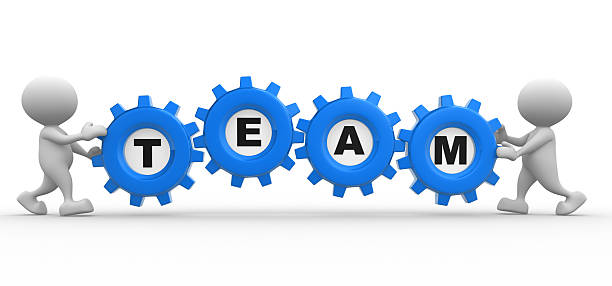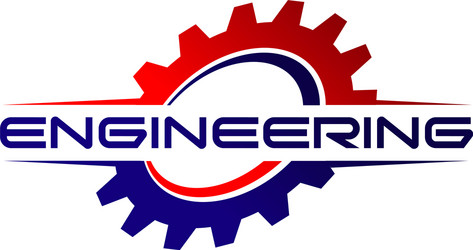1. Rectification:
The conversion of ac to dc is known as rectification.
2. Semi-converters:
It combines the features of both controlled rectifiers (using SCR) and uncontrolled rectifiers (using diodes). The polarity of output voltage can be either positive or negative.
3. Commutation:
It is the process of turning-off of a power semiconductor device.
4. Freewheeling diode:
A power diode connected parallel across the load to prevent the reversal of load voltage in order to improve the input power factor.
5. Ripple:
AC component present in the DC output voltage.
6. Delay angle:
It is defined as the angle between the zero crossing of the input voltage and the instant the thyristors is fired.
7. Overlap period:
The period during which both the incoming and outgoing thyristors conducts simultaneously is called overlap period.
8. Overlap angle/ commutation angle:
The angle for which both devices share conduction is known as overlap angle.
9. Input Displacement Angle:
It is the angular displacement between the fundamental component current to the line to neutral voltage of the input ac source.
10. Displacement factor:
It is defined as the cosine of the input displacement angle.
11. Distortion factor:
It is defined as the ratio of RMS amplitude of the fundamental component to the total RMS amplitude.
12. Harmonic Factor:
It is defined as the ratio of the total harmonic content to the fundamental component.

